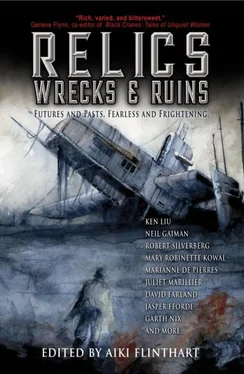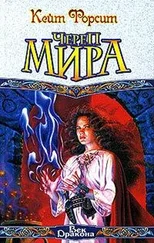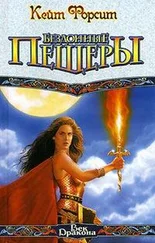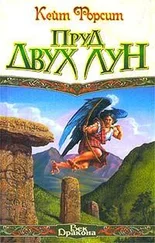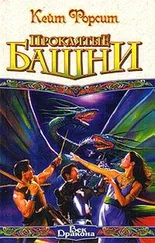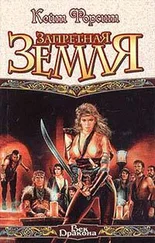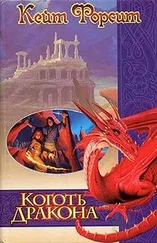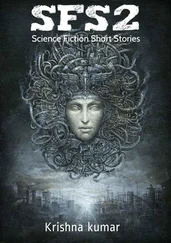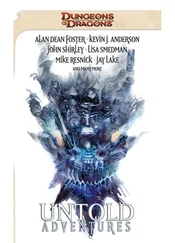Dulce circled behind them a few meters off.
Three months back, Aracai and Dulce had been living to the south, at the tip of Brasilia, where the cold waters of the Antarctic were among the cleanest in the world and the fisheries still thrived, when he’d met Escalas.
He was a living legend. Not only was he old and wise, he was the only mer to have a mindlink, so if he wanted to know something, he could wonder about it and thus access Heavenly Host—the AIs linked in geosynchronous orbit—and learn what he wanted to know.
Upon meeting, Escalas had eyed Aracai a moment and then said, “Swim with me.” Among the mer, it was an invitation to swim for a ways, to talk, or perhaps to swim for a lifetime.
Now, Aracai realized that the old man had been bringing him to this point for months. “What is in the backpack?” Aracai sang, his voice a low thrumming that ended in a higher squeal.
Escalas hesitated, as if he hoped Aracai would guess, then answered, “A bomb.”
Many questions crowded Aracai’s mind. What kind of bomb? Who will Escalas kill? But one burst to the forefront: “How did you get it?”
Escalas’s answer was leisurely, a rumble. “I bought it… from the neogods.”
The news took Aracai’s breath. It did not surprise him that Escalas had bought the weapon. No, he felt surprised at mention of the neogods. They had been human until their genetic and mechanical upgrades had boosted their intelligence so much that they no longer wished to associate with mankind any more than Aracai would want to associate with amoebas. The neogods had left Earth decades ago, learned to bend space and time, so that now they explored the edges of the universe…
“Those creatures do not talk to men—or bargain with them,” Aracai said, worried that Escalas was teasing him.
“Ah, Spirit Warrior, they bargained with me ,” Escalas affirmed. “Perhaps I made the right offer, or asked for the right weapon?” He jutted his chin toward the backpack. “Pick it up.”
Spirit Warrior? He thinks I am a warrior? Aracai had never thought of himself as a warrior at all.
But he had begun to believe over the past weeks that the world needed one. There was poison coming from Rio Negro—heavy metals and acids from mining, human waste, pesticides and industrial chemicals. In some places, over the past four decades, the poisons had turned the sea floor into a wasteland that even crabs could not survive. The mer were dying. Escalas, Dulce, and Arakai were among the last.
Old Escalas had petitioned numerous national leaders, sought to get the humans to stop the “genocidal poisoning of our people.” But the governments in South America did not enforce their own laws. Those who had been charged with protecting the environment merely took bribes and turned a blind eye.
Escalas swam past Aracai, studying him. “It is time to go to war,” he said. “But the notion of violence sickens you.”
“Yes,” Aracai said. His whole frame was shaking.
“As it should,” Escalas said, swimming close. “Feral humans do not need a reason to go to war. Violence is in their nature. But when they made us mer, they took our bloodlust away. So the idea sickens you, though it is long past time for us to act.” He jerked a nod toward the backpack. “The problem with us mer is that we circle our problems endlessly, when we should merely grasp at the solutions.”
A bomb? War is a solution? Aracai studied Escalas. The old mer held a trace of a smile, as if he were amused. That was the problem with the old man. In the past months, Aracai had learned a lot, but Escalas always seemed to be three steps ahead.
“Do not do this thing,” Aracai warned, “whatever you have planned.”
“Oh, I am not going to do it,” Escalas said softly. “You are!”
Aracai could not imagine himself harming another. “But—”
Escalas raised a hand. “The feral humans who are poisoning our seas hurt themselves almost as much as they do us. Their society is toxic, and what do humans do when they perceive another society to be toxic? They go to war. History is full of toxic societies that are no more.”
Aracai could hardly believe what he heard. He wanted to argue, but did not know where to start.
The old mer swam lazily. “This is the answer. Pick it up.”
Numb, Aracai pulled at the backpack and dumped out the bomb—a strange device, all metal, a heavy black disk. Soft, white lights displayed the time and the bomb’s GPS coordinates on top.
He lifted it. The bomb was heavier than anything so small should be. Heavier than lead. Heavier even than gold. Uranium?
Aracai trilled a warning to the others, “Stay back!” He suspected it was a nuclear device, but it was too small to have much in the way of shielding. Being this close could expose them all to radiation.
He threw it back to the ocean floor, raising a cloud of filth, but Dulce swam near and wrenched it from the mud. There was sadness in her dark eyes. “Let me carry it,” she demanded. “She was my daughter, too…”
An image flashed in Aracai’s mind—their infant daughter, cold and rigid, eyes and fingers gone equally white in death. The poisons had contained some sort of mutagen, so that she was born with only a small part of her brain.
“Too many mer children have died,” she said.
“We can try for another,” Aracai promised.
But the gill slits along Dulce’s neck flared in anger. “No, no we can’t,” she said. They had been trying for five years. “You know that. I want to carry my vengeance in my own hands.”
With a flick of her tail, she lunged forward, upstream through the brackish water.
Old Escalas said, “It is not vengeance I seek, but change.”
#
In the night they swam, pushing through heavy headwaters, and Escalas sang to them of the dangers of the Amazon, a chant that formed dreams in Aracai’s mind. There were huge, black eels ahead that could emit a killing, electric jolt of blue light, and piranhas with bright-red bellies that hung like rubies in the slow waters until they smelled blood, when they would lunge and tear chunks of flesh from bones. He sang of coral-colored dolphins, anacondas, and other dangers. The fresh water itself was poison to the mer, for in time their kidneys would fail in the reduced salinity.
So Aracai feared the river.
The waters became quieter as they swam. The crackle of snapping shrimp died away and only the sloshing of waves could be heard.
Aracai saw evidence of toxins. There were no snails or freshwater clams on the muddy floor. They passed no schools of fish—only a pair of huge bull sharks swimming upstream to spawn. The sharks eyed the mer hungrily.
The waters at the mouth of the Amazon were deserted. Flecks of dark moss and white decomposing bits of dead insects and fish drifted about. The water was oxygen rich, but smelled of decay, and the toxins in it made his gills itch.
So Aracai pleaded for reason as they swam in the darkness. “We cannot bomb the humans. Innocent children will be hurt.”
“I do not want to hurt innocent children,” Escalas agreed. “But the humans must change their ways. I have done all that I know how in order to convince them. Now, we must go to war.” The old man seemed to change subjects. “The poison that killed your daughter is called C54.”
The news sent Dulce into a wail of pain. Her tail thrashed, so that she surged ahead and became invisible in the cloudy water.
Aracai had never heard of C54 and felt relieved that Escalas had put a name to the toxin.
“In Venezuela, it is used as a chemical warfare agent. That is where we are going—to set the bomb off at the factory. The poison is colorless, tasteless. It was not meant to kill anyone, though it has unforeseen effects on the mer. It was designed as a mind-control weapon. The drug causes the victim’s brain to release the hormone dopamine, making victims carefree and happy, but over time the victim’s prefrontal lobes shrink, limiting their ability to plan ahead. This makes the Venezuelan’s enemies stupid.”
Читать дальше
